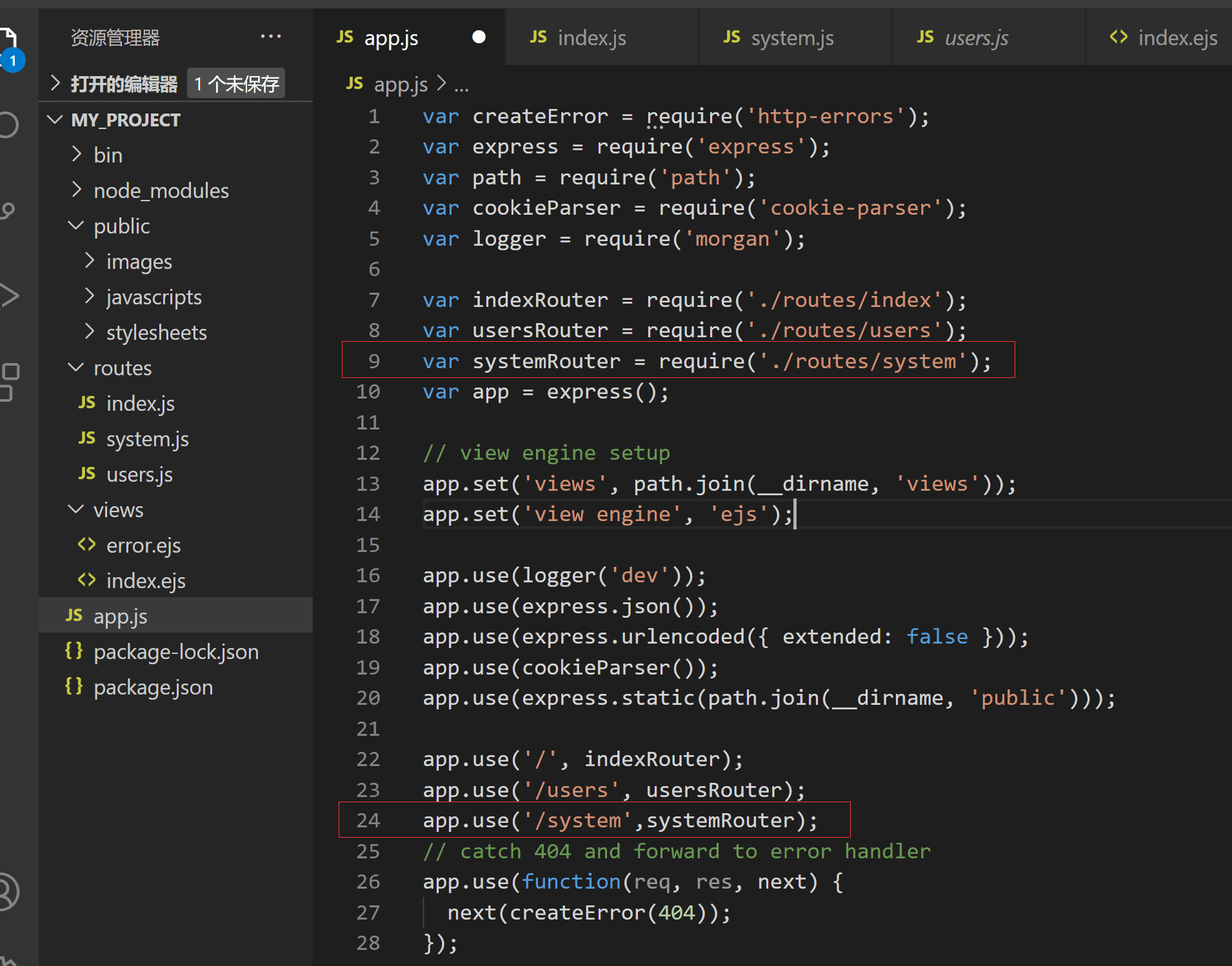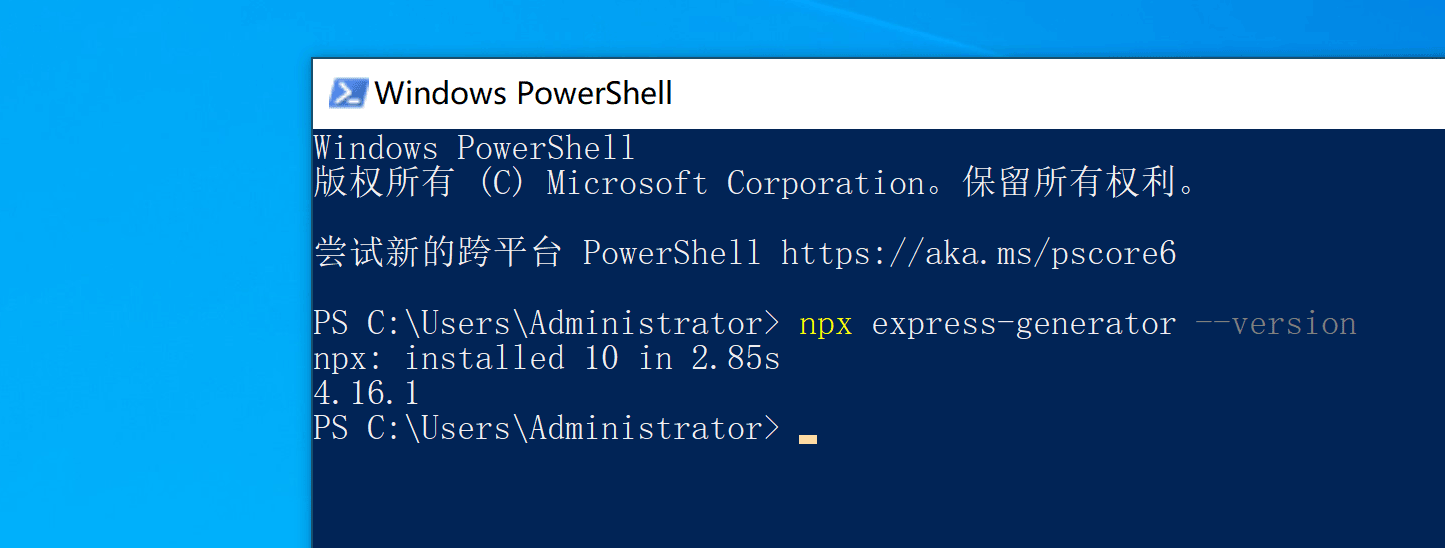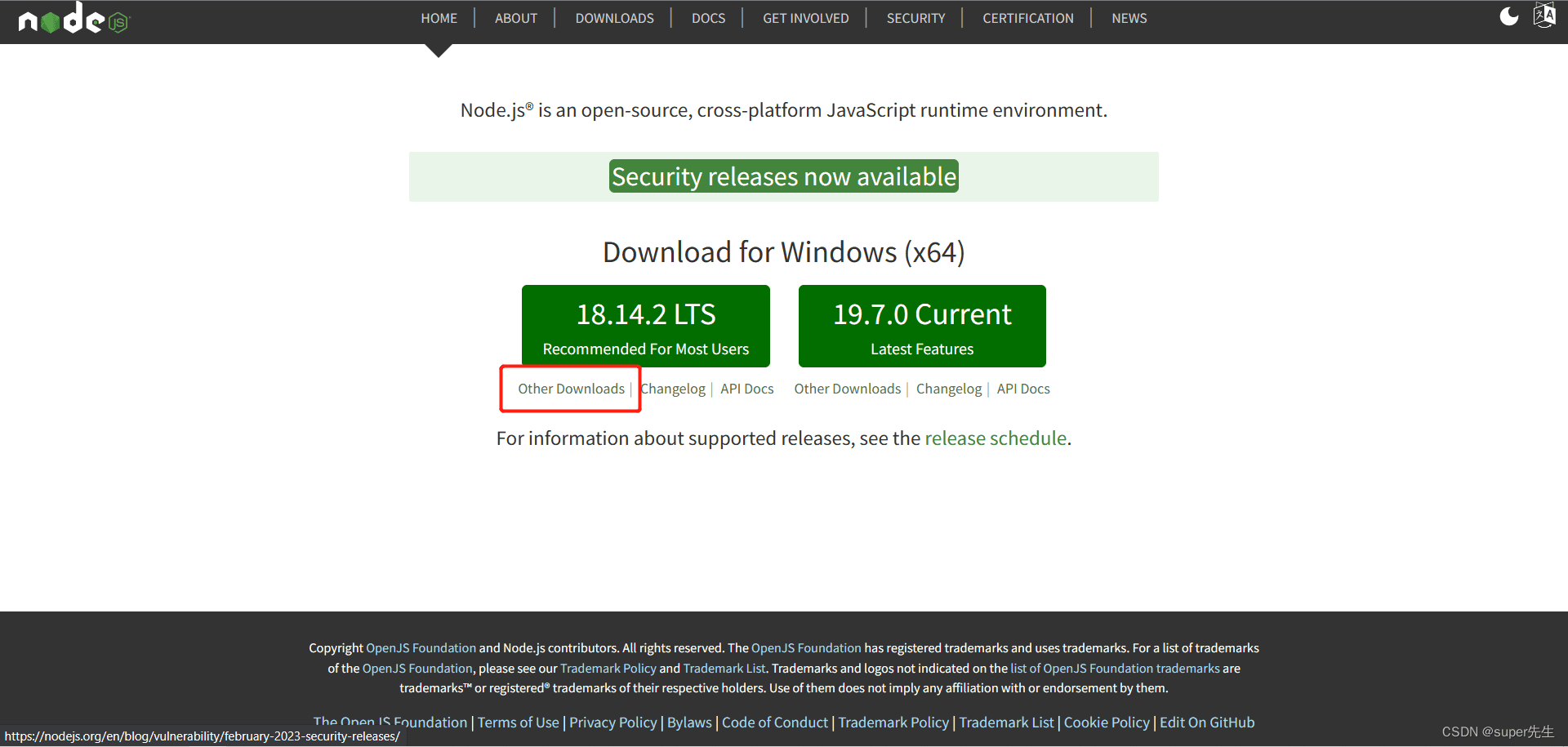逐行读取文件的能力允许我们读取大文件,而无需将其全部存储到内存中。它有助于节省资源和提高应用程序的效率。
它允许我们寻找所需的信息,一旦找到了相关的信息,我们可以停止搜索过程,可以防止不必要的内存使用。
我们将使用Readline模块和Line-Reader模块来实现这一目标。
方法一 readline
使用Readline模块:Readline是Node的原生模块。它是专门为从任何可读流逐行读取内容而开发的。它可用于从命令行读取数据。
因为模块是Node的本机模块。js,它不需要任何安装,可以直接导入:
const readline = require('readline');因为readline模块只适用于可读流,所以我们需要首先使用fs模块创建可读流。
const file = readline.createInterface({
input: fs.createReadStream('source_to_file'),
output: process.stdout,
terminal: false
});现在,监听file对象上的line事件。每当从流中读取新行时,事件就会触发:
file.on('line', (line) => {
console.log(line);
});例:
// Importing the Required Modules
const fs = require('fs');
const readline = require('readline');
// Creating a readable stream from file
// readline module reads line by line
// but from a readable stream only.
const file = readline.createInterface({
input: fs.createReadStream('gfg.txt'),
output: process.stdout,
terminal: false
});
// Printing the content of file line by
// line to console by listening on the
// line event which will triggered
// whenever a new line is read from
// the stream
file.on('line', (line) => {
console.log(line);
});方法二 line-reader
使用line-reader模块:line-reader模块是Node.js中逐行读取文件的开源模块。它不是本地模块,所以你需要使用npm(节点包管理器)安装它,使用命令:
npm install line-reader --save
行读取器模块提供了逐行读取文件的eachLine()方法。
它有一个回调函数,该函数有两个参数:行内容和一个布尔值,该值存储是否读取的行是文件的最后一行。
const lineReader = require('line-reader');
lineReader.eachLine('source-to-file', (line, last) => {
console.log(line);
});例:
// Importing required libraries
const lineReader = require('line-reader');
// eachLine() method call on gfg.txt
// It got a callback function
// Printing content of file line by line
// on the console
lineReader.eachLine('gfg.txt', (line, last) => {
console.log(line);
}); 输出:
更多关于node.js readline和line-reader逐行读取文件方法请查看下面的相关链接






